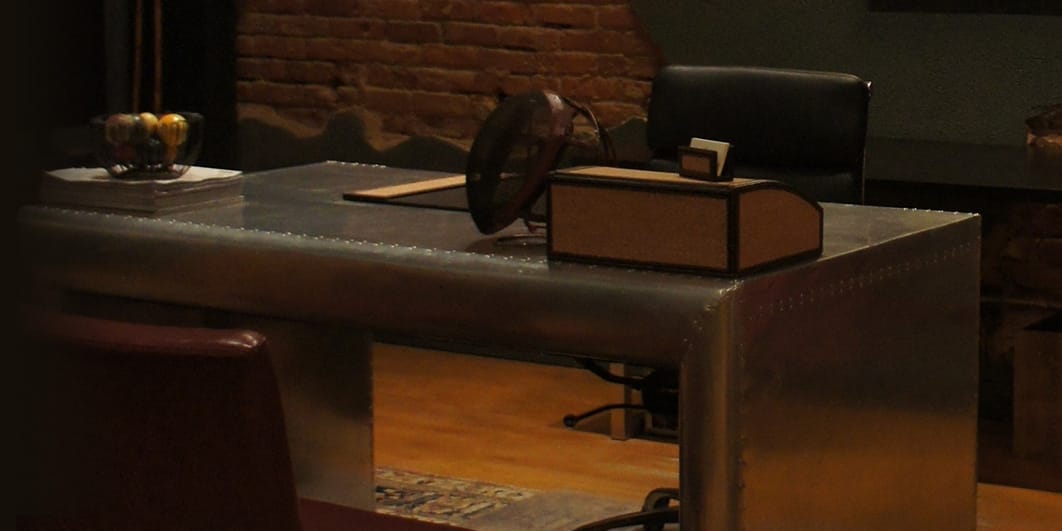A night out on the town or at a house party helps people unwind from a long work week. Oftentimes, gatherings involve significant amounts of alcohol. As the evening wears down, partygoers may find themselves more intoxicated than planned. They may have driven to the event sober, but now they’re legally drunk and need to go home.
Getting drunk is a temporary condition. Specific tips and tricks can help people sober up, including coffee or vomiting. A cold shower, while effective, can also result in shock or loss of consciousness. However, those strategies will not remove alcohol from the body more efficiently, nor will they affect blood alcohol concentration (BAC).
Common misconceptions
There are particular techniques that will lessen the effects of a hangover. However, the only proven method is stopping drinking and waiting or going to sleep. In the end, improving alertness does not mean alcohol has left the system.
Alcohol impairs judgment and coordination. At the same time, misconceptions surround it being a stimulant when it is actually a depressant, not a stimulant. Drinking sedates parts of the brain that control judgment, self-control, and inhibitions. Excitable, if not violent behavior could be the outcome.
Getting behind the wheel
The decision to drive after drinking carries serious consequences if a driver’s BAC is 0.08 or more. For commercial drivers, the outcome can be catastrophic and career-ending. Finding other ways to get home can prevent future problems.
People make mistakes that can result in legal problems. The flashing lights reflecting in the mirror are the first indication of trouble. Those who are arrested for DUI should know that a conviction is not automatic. Help from a criminal defense attorney skilled in this complex and ever-changing area of the law can make a significant difference.


